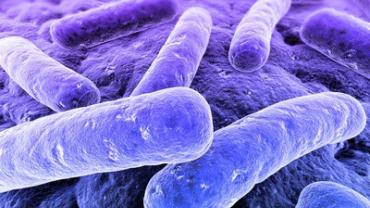
According to a new study published just three days ago in the journal American Society for Microbiology researchers demonstrated that a single course of antibiotics was strong enough to alter the gastrointestinal microbiome for up to one year.
There is a time and a place for antibiotics. They successfully fight infectious diseases and significantly reduce illness and death. However many doctors still commonly over-prescribe these medications. In the US antibiotic-resistant bacteria cause at least two million cases of disease and over 20000 fatalities each year.
In this new study the microbial diversity was severely affected for months after exposure in the healthy adults who were prescribed different antibiotics. Researchers specifically saw a decline in the abundance of butyrate-producing bacteria.
The microbial diversity in the stool was significantly reduced for up to 4 months in participants taking clindamycin and up to 12 months in those taking ciprofloxacin. Amoxicillin had no significant effect on microbiome diversity; however it was associated with the greatest number of antibiotic-resistant genes.
If a patient is prescribed a course of antibiotics it is crucial that they concurrently take Saccharomyces boulardii. This is a non-pathogenic yeast that protects the microbiome during antibiotic therapy. S. boulardii is one of my favorite gastrointestinal support supplements as it is protective to the intestinal epithelial cells and helps maintain intestinal barrier function. It also increases SIgA secretion directly inhibits colonization of harmful bacteria and restores normal intestinal function in patients with diarrhea.
The growing levels of antibiotic resistance and the exit of major pharmaceutical companies from antibiotic development make phage therapy another great treatment option for the rising number of untreatable infections. Phages have an 80-90% success rate against bacteria likely to show antibiotic resistance such as Escherichia coli.
Other choices of nutrition intervention that should be considered include silver and various botanical extracts and essential oils all of which have a long history of antimicrobial properties while being relatively sparing to the beneficial bacteria.
By Michael Jurgelewicz DC DACBN DCBCN